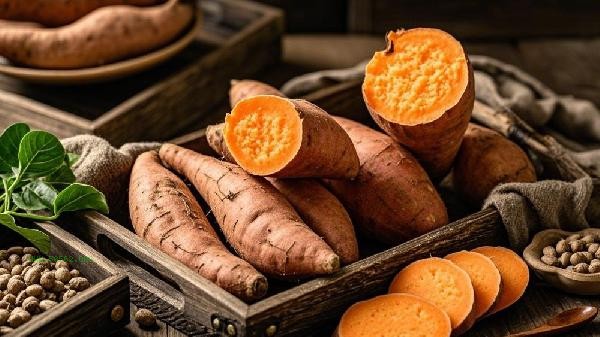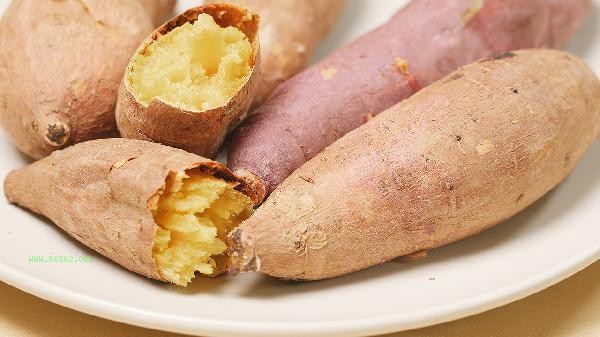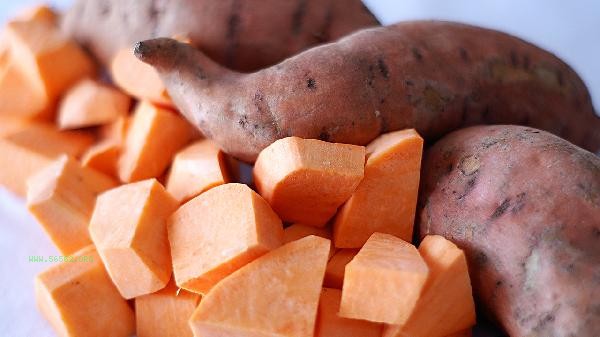Sweet potatoes are suitable for consumption before or after exercising, depending on the exercise goals and physical needs. Eating sweet potatoes before exercise can provide sustained energy, while eating them after exercise can help restore muscle glycogen. Sweet potatoes are rich in dietary fiber, vitamin A, and complex carbohydrates, making them an ideal food choice for sports enthusiasts. Eating sweet potatoes immediately after exercising can quickly replenish the muscle glycogen consumed during exercise, and the potassium element it contains can help alleviate muscle spasms after exercise. The carbohydrates in sweet potatoes are mainly low to medium glycemic index, which does not cause drastic fluctuations in blood sugar and is suitable as a source of carbohydrates after strength training. Steaming and cooking methods can maximize the retention of nutrients, and pairing with appropriate amounts of protein foods can improve muscle repair efficiency. Eating sweet potatoes 1-2 hours before exercising can form a stable energy reserve, and their dietary fiber can slow down gastric emptying and avoid hypoglycemia during training. It is advisable to choose about 200 grams of medium-sized sweet potatoes, as excessive intake may cause gastrointestinal discomfort during training. Purple sweet potato varieties contain more anthocyanins, which have additional antioxidant effects and are suitable for supplementation before high-intensity exercise.

It is recommended to adjust the intake of sweet potatoes according to the training intensity. After strength training, the carbon water ratio can be appropriately increased. Aerobic weight loss individuals should control their total calories. Avoid adding high sugar ingredients before and after exercise, and pair them with high-quality protein such as eggs and chicken breast for better results. Pay attention to individual digestive differences, and those with gastrointestinal sensitivity can make sweet potatoes into a paste for consumption. Long term exercise enthusiasts should maintain dietary diversity by alternating sweet potatoes with other coarse grains to obtain more comprehensive nutrition.









Comments (0)
Leave a Comment
No comments yet
Be the first to share your thoughts!